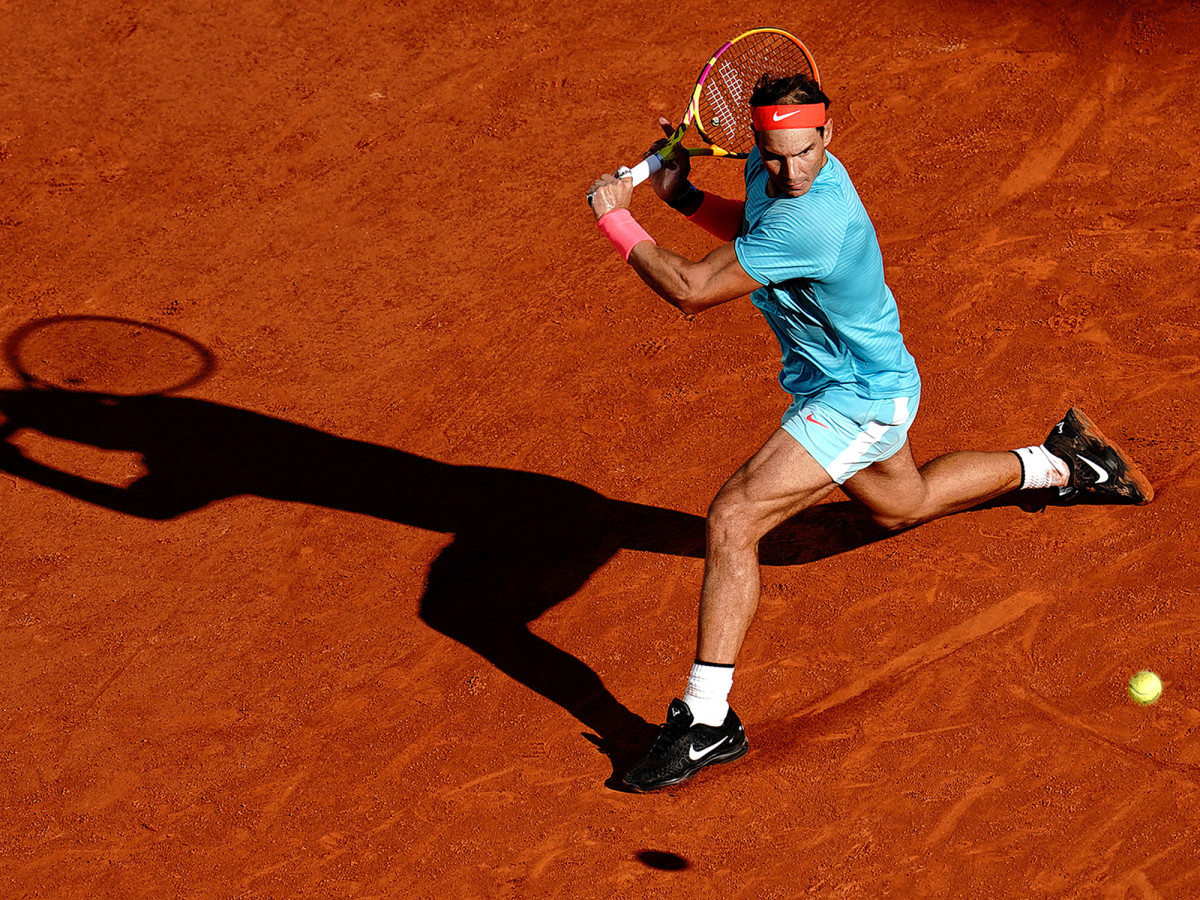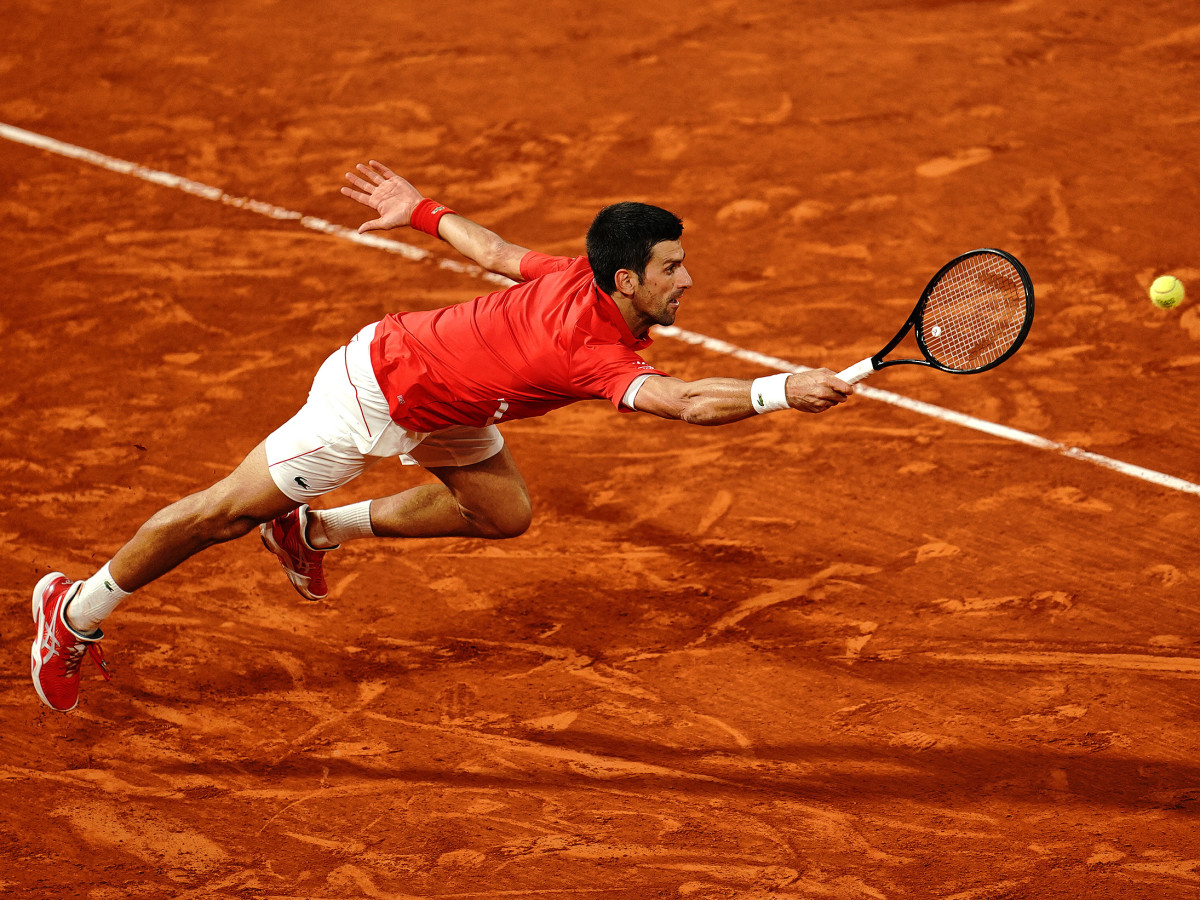Nadal Defeats Djokovic 2020 French Open Men's Final: Four Thoughts
Four thoughts from the 2020 French Open men's final.
• Rafael Nadal wins the 2020 French Open, retaining his title as the Roland Garros, subduing his longtime challenger, Novak Djokovic 6-0, 6-2, 7-5. This was 100th win for Nadal at the French Open and it was simply sensational, the usual clinic in claycourt tennis, but also in managing a situation. This historic final may have been played at a strange time of year, under a roof, before 1,000 masked fans. During a global pandemic. And you’d never know it watching Nadal. He discharged his duties as he always does in Paris.

• Quite apart from the title, it’s impossible to ignore the larger tableau. As is the case every time the Big Three play head-to-head, there are huge slabs of history at stake, two-major swings resting on the outcome. The principals themselves may be reluctant to discuss it, but be assured they know the tally and the context as well as the fans do. With Nadal beating Djokovic, the GOAT derby now stands as follows:
Djokovic: 17
Nadal: 20
Federer: 20
That, friends, is an inspired writers’ room. Given that Nadal has maintained his flank in Paris—and there’s another French Open coming in eight months—he is well positioned to overtake Federer. Given that Djokovic is the youngest of the three and second-best claycourter after Nadal, one could argue he is well positioned to retire with the greatest haul of them all. Stay tuned. There’s little sense this race is ending soon.
• What a strange, strange year for Novak Djokovic. He has been the best player in men’s tennis—by a significant margin—in 2020. It took until the second Sunday in October that he lost a match outright. He has won more titles and more matches and more money than any other player. And yet… he won the 2020 Australian Open, as he usually does, playing brilliantly. There was no Wimbledon title for him to defend. He self-sabotaged at the U.S. Open. And he lost to Nadal in Paris. Which is to say that, for all his excellence, he won “only” one major. And made no inroads against Nadal in the all-time majors derby.

• Novak Djokovic was defaulted from the 2020 U.S. Open, enabling Dominic Thiem to win the title a week later. Put aside that fluke event, and it’s entirely possible that we will now be going on a fourth (!) full year of the majors divided among the Big Three. There are gaps. There are canyons. And then there is the divide that separates the sport’s three titans from the rest of the field. In this most sideways year—that saw bubbles and crowdless events and masked trophy ceremonies—one of the few bursts of normal: ending our major campaign with yet another Nadal–Djokovic final.
Let us take a moment to savor our good fortune. As it is written: behold, the three most toweringly successful male players of the Open Era are all competing simultaneously with few signs of slowing down! The derby continues in Australia and it has never been more compelling. Even in these times.
